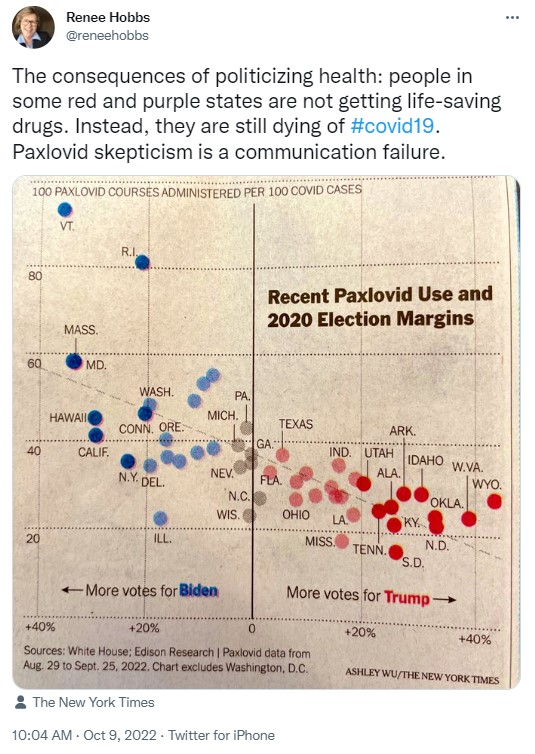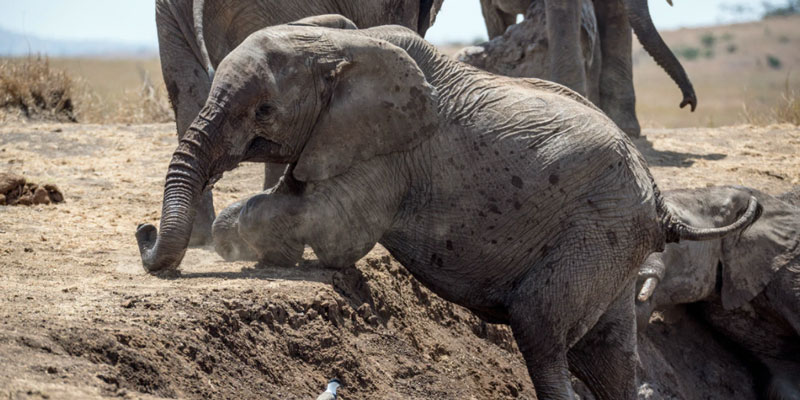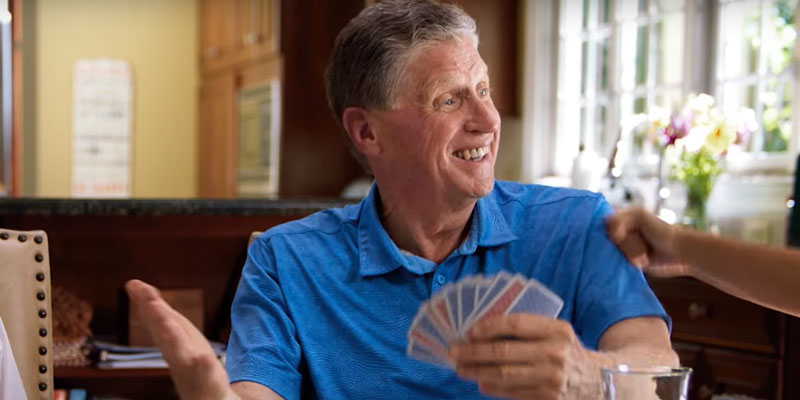Every couple of years, the Rhode Island Department of Health (RIDOH) conducts a voluntary, anonymous survey of students at a limited number of randomly selected (presumably public) high schools in the state for its Youth Risk Behavior Survey (YRBS). Given the methodology, the results ought to come with a long list of caveats, chief among them being that the sample numbers are small and the schools selected randomly might not be representative. That said, a few things stand out in the 2021 edition just released.
According to Question 19 of the detail tables, for example, 11 out of 60 girls 18 or older — nearly one in five — claims to have “been physically forced to have sexual intercourse when they did not want to.” That is, they were raped. Broadening to the larger group of all 12th grade girls, 37 out of 235 (one in six) say the same. Is that a credible claim? Keep the specifics in mind: this isn’t about unwanted emotional pressure; it’s about the use of physical force.
Observe that the survey finds that only around half of 18-year-old or 12th grade girls say they’ve had intercourse at all. That would mean about 40% of all senior girls who have had sex were raped. Again: is that a credible claim? Or is our culture creating a tendency among girls to claim that they were raped?
A question on racism raises similar complications. Question 95 asks, “During your life, how often have you felt that you were treated badly or unfairly in school because of your race or ethnicity?” Here are the percentages saying “never” by race:
- Asian: 40%
- Black: 44%
- Hispanic/Latino: 55%
- White: 85%
Given familiar rhetoric, let’s take a moment to appreciate that the numbers of young Rhode Islanders who say they’ve had zero experience of racism are as high as they are. If we add “rarely” to the numbers, they become 66%, 68%, 78%, and 95%. We hear again and again from Democrats and progressives that our society is “systemically racist.” If that’s the case, young Rhode Islanders aren’t picking up on it much.
On the other end of the spectrum, here are the percentages of students who answered the above question with “always” or “most of the time”:
- Asian: 4%
- Black: 11%
- Hispanic/Latino: 6%
- White: 2%
Obviously, we want these numbers to be as close to zero as possible, but we can’t lose sight of the possibility that we’re conditioning children to interpret their interactions in terms of demographic identity.
Consider that this iteration of the survey changed the racism question. In 2019, it was: “During the past 12 months, have you ever been the victim of teasing or name calling because of your race or ethnic background?” Asked this more-specific question, 86% of black students, 82% of Hispanic students, and 93% of white students said, “No.” Why did the question change? Could it be that people involved in public education and public policy are determined to find results to support their ideological assumptions?
This brings us to the inevitable transgender question. The shock-number is that (again) nearly one in five girls 18 or older is unable to say with confidence that she is not transgender. For reinforcement of the hypothesis that our culture and schools are merely sowing confusion, refer back to the 2019 survey. At that time 94% of girls were willing to say, “no.” Of particular note is that, over these two years, girls surpassed boys in these responses, with the boys, who were more likely than girls to be confused in 2019, only mildly moving toward gender confusion.
And if you want a capstone observation for this post, let’s note that among children overall, black students appear to be relatively immune to transgenderism.
The first conclusion one should probably draw from this survey is that it’s a bunch of junk that tells us nothing very useful about actual student health. The second is that the hot cultural issues of our time could very well be built on fads and illusion. This point is important to consider as society tears itself apart along racial line and argues about whether to normalize the mutilation of adolescent and pre-adolescent children based on subjective identity.
Featured image by Taylor Deas-Melesh on Unsplash.
[Open full post]Whatever your political affiliation, you should recognize that Democrat Governor Dan McKee’s “you’re not from here” attack ad on Republican Ashley Kalus is dark and disgusting:
You can’t lead a state you don’t know. I am proud to call Rhode Island home. pic.twitter.com/jPr9qkXyXP
— Governor Dan McKee (@DanMcKeeRI) October 13, 2022
Even if we ignore that it is 100% ad hominem, the ad is demeaning to Rhode Islanders, as if we’re a bunch of hicks who don’t care about reason and policy, but really just care whether you’re in our clique. Of course, McKee is running ads like this because, along with most Rhode Island Democrats, he wants voters not to judge him based on reason, policy, and proven records.
I’ve seen a lot that bothers me about Rhode Island politics in the last 25 years, but this ad actually physically nauseates me.
[Open full post]Professor Renee Hobbs specializes in media literacy education for the University of Rhode Island Harrington School of Communication and Media. This tweet of hers therefore struck me as indicative of misplaced focus:

An important note of specificity is needed: Paxlovid skepticism is only a communication failure for those who wish to promote it (for profit, public health, or political reasons). Being communications literate would mean being able to discern the incentives and assess the validity of the information provided so as to form a conclusion about whether to believe the rhetoric. That is, the person receiving communication is literate when he or she can accurately assess what is being communicated, how it is being communicated, why it is being communicated, and whether the proposition deserves assent in light of all that.
Observing that the source of the chart is the New York Times, for instance, immediately alerts the viewer to its probable bias. A communication-literate person will also notice that Hobbs insists that “people in red states” are dying because they are not taking Paxlovid. Maybe that’s true, and maybe it’s not, but the chart offers evidence that is one step removed from her assertion.
Hobbs makes multiple assumptions. For one thing, she takes it for given that Paxlovid prevents death reliably. For another, she implicitly assumes that the cases are similar across all states. If, for example, more people in red states have extremely mild COVID while populations in blue states have a worse experience, they might take Paxlovid less and still have better fatality results. Demographics would make a difference here, too, with older populations skewing the results.
Once we acknowledge these assumptions, another key observation is necessary. Three states skew the trendline massively: Vermont, Rhode Island, and Massachusetts. Remove them, and the slope of the trendline at the extremes would drop by 50% or more. Maybe those three states are just more susceptible to propaganda, without regard to the results. They’re also very small, geographically, so maybe that played a role.
Or (here’s a Democrat gut-check for you) maybe what we’re observing is bias in distribution. Vermont, Rhode Island, and Massachusetts are small, extremely Democrat-voting states. Maybe that affects the relative amount of Paxlovid they’ve got to distribute, or the subsidies to distribute it. Could the Biden Administration and/or woke pharmaceutical companies be depriving red states of life-saving medicine? I’m not implying that to be the case, but breaking out of an ideological bubble, it has to be asked.
In summary, this turns out to be a complicated question that would be edifying for college students to explore. Rhode Islanders and prospective URI communications students would do well to ask themselves whether Professor Hobbs (along with her entire department) is capable of extricating herself from her political and ideological biases to help students benefit by this educational opportunity or (if we acknowledge the difficulty of such objectivity) whether URI cultivates diversity of opinion among professors that provides students counterpoints.
Personally, I expect not, which is why I, as a URI alum and Rhode Island resident, have been happy to steer my children away from the university and would suggest that other Rhode Island parents do the same.
Featured image by Elena Mozhvilo on Unsplash.
[Open full post]
On WNRI 1380 AM/95.1 FM, John DePetro and Justin Katz discuss:
- McKee v. Kalus poll
- Fung v. Magaziner poll
- Rhode Islanders’ lack of confidence in the state
- The activist student mob gets its way
- Langevin’s sideline as an investment genius
- McKee’s medical secrecy
Featured image on Shutterstock.
[Open full post]Looks mainly like an attempt to intimidate his political opposition to me.
The candidates have arrived for tonight's RI gubernatorial debate at the @wpri12 studios. Both greeted by a crowd which appears to be largely made up of McKee supporters. pic.twitter.com/2wLHQbJAjH
— Ryan Welch (@RyanWelchPhotog) October 11, 2022
[Open full post]
Remarkably consistent polls from WPRI and the Boston Globe tell a strange, yet familiar, story.
Rhode Islanders think their state is going in the wrong direction — 45% versus 34% (WPRI) and 48% versus 35% (Globe). Meanwhile, favorable opinions of incumbent Democrat Governor Dan McKee almost match those results inversely to what one would expect — 45% favorable versus 36% unfavorable (WPRI) and 46% versus 38% (Globe). What is going on?
The data suggest voters might not be intending to vote for McKee because of their favorable opinions of him so much as they are convincing themselves their opinions are favorable so as to excuse the votes they intend to cast for other reasons. Consider the more-granular data from WPRI: Almost all of McKee’s favorability is lukewarm, with only 13% “very favorable,” whereas his unfavorability is mostly “very unfavorable,” 22%, which has doubled from 11% in August.
Meanwhile, the issue of most concern to voters is by far the cost of living in the Ocean State — 42% (WPRI) and 44% (Globe), with no other issue achieving more than 15%, mostly clustering in a tier of statistically tied issues. Yet, the campaigns of the incumbent Democrats are not highlighting the most-important issue, but rather attempting to redirect voters’ attention from it.
The polls reflect, in short, the fundamental dysfunction of Rhode Island politics and governance. A polity with so much doubt about its direction is entirely unable to produce candidates who can take advantage of officials’ disconnect with the people and change direction.
This disconnect is indication that the powerful are cheating in ways systemic and discrete. With their dominance in education, they are poorly educating the young. With their dominance of media, they are pushing cultural propaganda (as with abortion). With their access to the wealth of state government, they are buying votes (on the large scale with labor unions and on the small scale with legislative grants). With the lucre available to powerful people who can grant favors at taxpayer expense, they are leveraging political donations for ballot harvesting.
The poll results are also an indication that the opposition is unable to mount the different sort of campaign that we must. The Republican Party in Rhode Island has nothing to offer supporters except better policy, and when it comes to candidates, we are down (putting it euphemistically) to the opportunistic and the truly committed. In this condition, we cannot simply point out what is wrong and expect voters to trust us to fix it just because we spotted the problem.
We must have a positive vision, and we must convince the people of our competence, and it’s not clear that the sanity remains in our state or in our ranks to accomplish that.
Featured image from a Dan McKee campaign ad.
[Open full post]I’m noticing an increase in the rank dishonesty of progressive Democrats with an understanding of how things actually work and lunacy among those who don’t.
[Open full post]I’m seeing two conflicting talking points permeate my social media feeds. Out one side of their mouths, they insist that people must vote against Allan Fung no matter who he is, what he’s done, or what he believes, because he’s simply a vote for a Republican Congress. Out the other side of their mouths, they insist that any Republican voting for Herschel Walker must agree with everything he’s ever done and cannot possibly believe in the principles they espouse.
When convenient, their principles are “vote the party,” and when elsewise convenient, they’re “vote the person”… as long as you’re always voting to give Democrats power.
I wish I didn’t have to be partisan on this, but over the past 10-15 years, it’s become increasingly difficult to find any principle other than “we must be in power” among Democrats.
[Open full post]The student protest against Providence teacher Ramona Bessinger ought to be a teachable moment. Thus far, not a single credible accusation against her relates to anything she’s done in the classroom or involving particular students. The students are incensed by her personal social media activities.
Linda Borg’s article on the matter is telling. The tone of the article and the experts it quotes is that there is definitely a line that Bessinger could cross, if she has not already done so. It’s a description of the threshold that the activists must find to get their way. Here’s local lawyer Stephen Robinson:
“It’s an interesting question,” he said. “Do you have a First Amendment right to spread lies? You can’t go into a movie theater and cry fire.”
What a strange analogy! The answer to his rhetorical question is, yes, you absolutely have a First Amendment right to spread lies. Rhode Island’s insider Democrats and lawyers like Robinson build entire careers around that right. “Crying fire” isn’t criminal because it’s dishonest. Rather, it’s the archetypal illustration of how speech can become an action. Shouting fire or instructing your henchman to kill somebody is not mere speech; it’s a deliberate action undertaken for a particular aim. Fraud is a little closer to the gray line (which is where RI insiders and lawyers might do well to tread more carefully).
But returning to the topic at hand, reverse the ideology, and media-watchers might reasonably expect the same story to be all about freedom of speech and the strong protections that educators enjoy. We’d be hearing how crucial it is that everybody be free to express their opinions — especially if they might have insight into an important institution like public schools.
But the point I’d call out for the moment has to do with the movement toward Maoist struggle sessions, also called “denunciation rallies.” The purpose is not really to find and remove genuine threats, but to advance a broader political agenda. Observe that, over several years since Johns Hopkins shocked the nation with a description of just how terrible Providence Schools have become, we haven’t seen student walkouts over the quality of their education.
That a teacher’s extracurricular social media activities do generate protest strongly suggests that audacious radicals are not only seeking to distract from the harm students suffer at the hands of the system the radicals designed, but also to turn that distraction to advantage to assault ideological enemies. If the students were correctly identifying threats to themselves and their peers, they’d take Bessinger as, at a minimum, “the enemy of my enemy.” (One wonders how deliberate it is that the corrupt education system fails to prepare students to think things through in this way.)
Featured image from a struggle session during the Chinese Cultural Revolution.
[Open full post]







